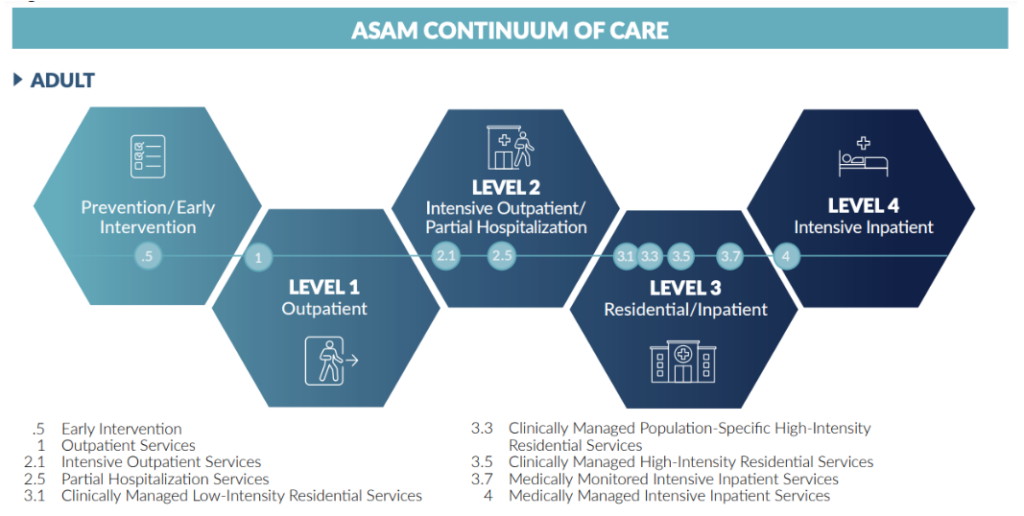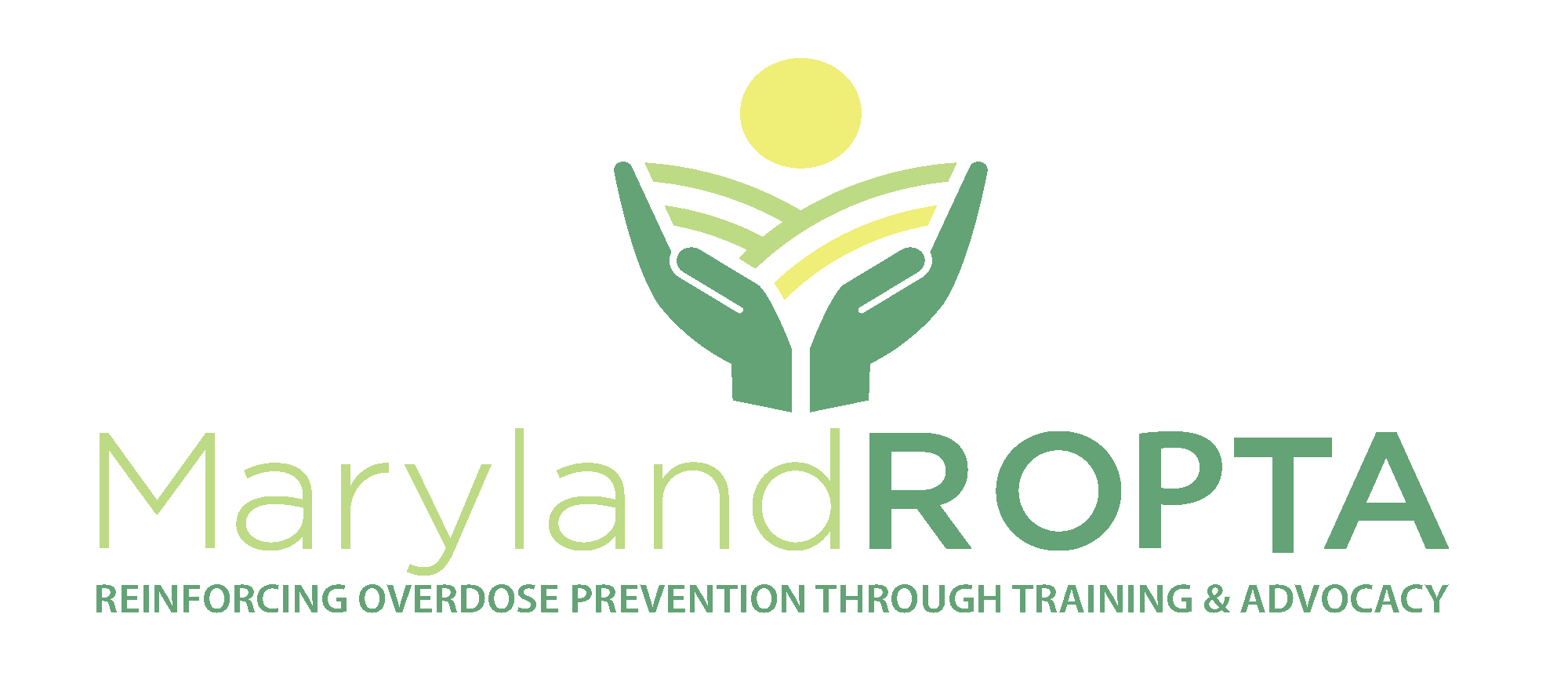Overview
Treatment can help people with mental illness or substance use disorders. There are different forms of treatment such as medication, counseling, and specialized psychotherapy to help a person change behaviors, thoughts, emotions, and how people understand situations. Because every person’s needs and symptoms are different, there is no single treatment that works best. For many people, the most effective approach involves a combination of counseling and medication to address mental and/or substance use disorders.

Finding Treatment
If you or someone you know is facing mental and/or substance use disorders there is help available 24-hours a day, 365 days a year. SAMHSA’s National Helpline is a free and confidential service. By calling this helpline one can gain access to local treatment facilities, support groups, and community-based organizations. Callers can also order free publications and other information.
SAMHSA’s treatment locator can help you find a treatment facility near you. Simply enter your city or zip code. The results can then be filtered by various options, including distance, treatment type, and special programs.
Treatment Facilities and Levels of Care
There are many types of treatment options for substance use disorders. The main types include long-term residential treatment, short-term residential treatment, and outpatient treatment. You may find you require only one of these, or you may access all three in your journey to recovery from addiction.
Medication Assisted Treatment (MAT)
Medication-assisted treatment (MAT) is the use of medications in combination with counseling for the treatment of substance use disorders. Primarily used for the treatment of opioid use disorders (OUDs), the combination of behavioral therapies and medication is effective and can help some people to sustain recovery. MATs are research-supported treatments to help persons with substance use disorders wean off of drug use; when administered correctly, these drugs combat withdrawal symptoms to help with recovery and allows an individual to begin focusing on rebuilding their life. Commonly used medications in MATs include methadone, naltrexone, and buprenorphine. Buprenorphine is the first medication to treat OUDs that can be prescribed or dispensed in physician offices, significantly increasing treatment access.
